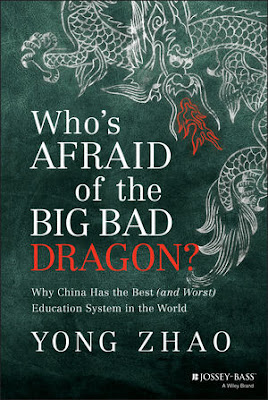A couple days ago, I was scrolling through my Twitter feed when I came upon a tweet from Katie Siemer.
If you're an #edtech coach who blogs, join us! #ETCoaches! https://t.co/pENAb2nVvz— Katie Siemer (@Katie_M_Ritter) April 21, 2017
The idea for grouping edtech (ET) coaches gave me an adrenaline rush.
I was quickly drawn to it for a few reasons.
1) I really enjoy reflecting, obtaining others' feedback, and staying focused on growth (personal & professional).
2) I'm extremely interested in edtech and its purpose within education as well as society.
3) This kind of group could be another way for people such as edtech coaches or teachers who assist other teachers in tech integration to connect, band together, and push our thinking forward.
Therefore, I clicked on the link and read about the roots of #ETCoaches, its mission, and the detailed steps necessary to participate. Almost all of the requirements were things I was doing already. Without too much time or too many tasks added to my plate, I decided to join seeing that it wouldn't be a burden or possible source of burnout. But I wasn't done there, and hopefully, others aren't either.
This sense of urgency led me back to the original tweet where I Quoted it and added several hashtags of chats or groups that take part around the world.
The groups of #ETCoaches shouldn't come off as feeling limited in the representatives to one certain country/region. My hope is that through Blogging Buddies each ET Coach can learn more details within the big picture of edtech. That includes us all being open to learning about cultures, differences, and the collaboration necessary for us all to move forward with the resources/ideas we have available together.




